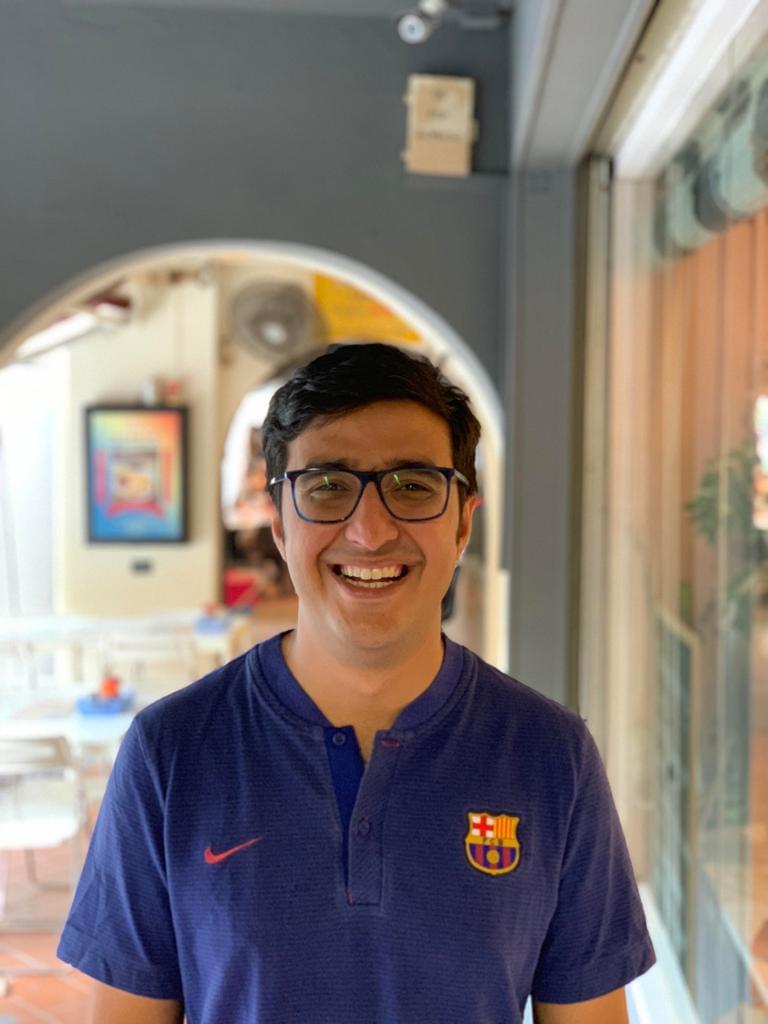Pune: Dr. Amol Patwari, an orthopaedic surgeon turned entrepreneur, and his wife Pallavi Mohadikar, an alumnus of IIM Lucknow, have teamed up to revolutionize the Indian jewellery market with their brand ‘PALMONAS.’ This dynamic duo is making waves by offering exquisite demi-fine jewellery products available on marketplaces like Amazon, Nykaa, Myntra and one flagship store in Koregaon Park, Pune.
Launched in early 2022, PALMONAS has swiftly risen to prominence as the fastest-growing brand in non-precious jewellery. The moniker ‘PALMONAS’ is an amalgamation of names of Pallavi and Amol and that of their daughter, Anaya. Their jewellery pieces are crafted with precision, employing ‘surgical stainless steel’ or sterling silver, meticulously plated with 18-carat gold. The collection boasts an array of stunning items, from Mangalsutra, heart-studded bracelets to delicate solitaire rings, wheat-like woven chains, and striking snake-shaped earrings, among others.
Dr. Amol articulates their vision for PALMONAS, stating, “Our aspiration is to establish PALMONAS as an international brand, with a particular focus on the burgeoning market for demi-fine jewellery in the US and UK. We began our journey with 30 unique designs, primarily in the necklace and earring categories. Now, just 15 months later, our website showcases an extensive range of 1000 different SKUs. What distinguishes our jewellery is the 18Karat gold vermeil plating, a groundbreaking concept. Unlike conventional gold-plated jewellery with its meagre 0.5-micron thick layer, our jewellery boasts a generous 2.5-micron thick gold layer, offering the same opulence as solid gold with a premium finish.”
Pallavi sheds light on the motivation behind their venture, saying, “In India, gold holds a special place in people’s hearts and is purchased for a myriad of occasions. However, it often remains tucked away in lockers, only making appearances on special events. This renders gold an underutilized investment with limited appeal. On the flip side, imitation jewellery, though readily available on the streets at affordable prices, is often far from skin-friendly or stylish. For the modern generation, be it college students or working women, wearing gold represents an emblem of prosperity and luxury. They choose gold because it does not result in skin irritations such as rashes or discoloration. This epiphany led us to explore the art of crafting jewellery from surgical stainless steel, closely resembling gold but available at a fraction of the price.”
Pallavi adds, “We offer Lifetime Buy Back on purchases made from PALMONAS within India. You may avail Lifetime Exchange & Buy Back by presenting your purchase at a store or raising a request online.”
Drawing from their prior entrepreneurial successes with Karagiri, Pallavi and Dr. Amol have fine-tuned their D2C strategy. “In our earlier ventures, we ventured into the marketplace model, competing with giants like Amazon and Flipkart. However, we later transitioned to the brand model, gaining invaluable market insights. With evolving market trends in mind, we are currently focused on expanding our direct-to-consumer (D2C) sales and marketplace presence. In approximately a year, we plan to introduce 9 Karat and 12 Karat gold products, tailor-made for daily wear, featuring international designs at accessible price points. In the years to come, the millennial population in India is expected to shift its perspective on gold. Instead of viewing it solely as an investment, they may opt for gold bonds, reallocating the saved making charges towards acquiring multiple pieces of demi-fine jewellery. This reflects a paradigm shift in the jewellery industry, with demi-fine jewellery poised to redefine the future thanks to its affordability, elegance, and a rich diversity of designs and aesthetics,” they concluded.
Views: 7

